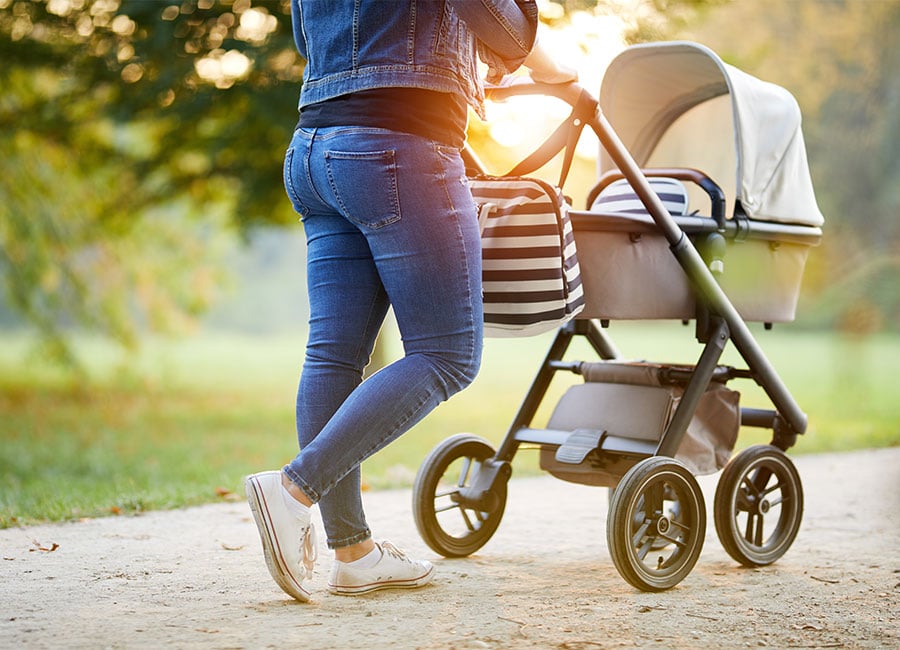
15 Oct Caring for your pelvic health after having a baby
Have you recently given birth? How’s everything feeling ‘down there’?
Having a baby changes a woman’s body in a variety of ways, some of which can be quite unpleasant in the days, weeks and months after giving birth. Over 70% of women birthing vaginally will end up with some degree of tearing and trauma to the perineum and vagina. This can be minor and involve only broken skin, it can be a combination of damage to the skin and perineal muscles that requires sutures, or it can be more severe damage to the vagina and surrounding areas that requires a trip to theatre for repair. Some women tear naturally and others undergo episiotomy (a surgical cut as an alternative to tearing naturally – this is sometimes used when a birth is difficult, or in an attempt to avoid a more serious natural tear). Ouch!
Even for women who do not tear, swelling and discomfort often go hand in hand with having a baby. It can take 3-4 weeks for the vaginal rugae (the ridges inside the vagina) to return after the stretching that occurs during childbirth. Stitches can take a month to 6 weeks to heal though it is different for every woman.
Hormonal changes after childbirth also impact on a woman’s pelvic health. It is normal for a woman to need to go to the bathroom to wee more after childbirth than she did during pregnancy. It is not uncommon for women to have an altered sense of when they need to go to the toilet or how often, and urinary tract infections are also often seen during this time. Despite not being rare, neither of these are normal and women should not feel as though they need to ‘tough it out’. Urinary and bowel incontinence unfortunately also can occur during this time as the muscles of the pelvic floor may be weak from both pregnancy and birth. Women who have cesarean sections are not immune to the impact pregnancy has on the pelvic floor, and they may still find that things feel a little different than they used to.
So, what can you do for your pelvic health if you’re feeling a little worse for wear down there after having a baby?
Listen to your body:
The number one thing is to take cues from your own body. If you are doing an activity that is causing pain, ease up. It is a great idea to take as much help from the people around you as you can during this time. Remember, the hormones that helped your body loosen up to give birth are still circulating for a period of time afterwards. This means that you may need to adjust how you lift and carry things to avoid discomfort.
Speak up:
If you are experiencing incontinence, pain or vaginal or anal prolapse, please seek the advice of your doctor or one of our pelvic health physiotherapists. You do not need to go through this alone and there are techniques and exercises we can show you to help improve things. There is no shame in asking for help!
Go easy when you return to exercise:
Give your body some time to heal before attempting to get back to your pre pregnancy routine. It is a good idea to avoid doing anything strenuous before your routine 6 week check up with your healthcare provider. During this first 6 weeks things in your body are still healing (be it your c-section wound or perineal stitches, but also the unseen internal healing that is taking place, like the site where the placenta was attached). At this 6 week postnatal appointment you can discuss how you have been feeling and mention any concerns you may have. When you do decide it is the right time to begin exercising, our team here at Western Women and Men’s Health in Melbourne’s West can help you work out an exercise plan that will work for your individual needs.
Our physiotherapists have a keen interest in helping people maintain good pelvic health and would love to hear from you if you need some advice about how to look after your body after having a baby. Call today on (03) 8001 2044 for an appointment with a member of our friendly team.
